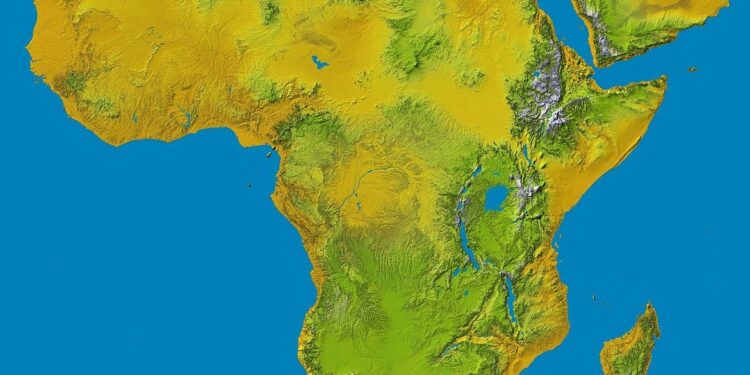In a significant move, global shipping giant Maersk announced on Friday its decision to reroute all vessels around Africa instead of utilizing the traditional route through the Red Sea and Suez Canal. This strategic shift comes in response to recent attacks on Maersk’s merchant ships, raising concerns about the safety of the established route. The Danish company cited the “highly volatile” situation in the region and highlighted that the security risk remains at a significantly elevated level.
Read more: African Entrepreneurship: Navigating Challenges and Embracing Triumphs in the Startup Landscape
The decision underscores the gravity of the security challenges in the Red Sea and Gulf of Aden, prompting Maersk to prioritize the safety of its vessels and crew. By opting for an alternative route around the Cape of Good Hope, Maersk aims to navigate away from the areas with heightened security risks. The move is expected to have implications for shipping schedules, as vessels will now take a longer journey around the southern tip of Africa, impacting the efficiency and timelines of maritime trade in the region.
Read more: Top 10 African Countries With The Most Automobiles
This development highlights the broader challenges facing the maritime industry in navigating geopolitical tensions and security concerns. The redirection of Maersk’s vessels reflects the company’s commitment to ensuring the security of its operations amidst the evolving risk landscape. As the situation in the Red Sea remains unpredictable, the decision to reroute vessels signals a proactive approach by one of the world’s largest shipping companies to safeguard its assets and maintain the integrity of its global supply chain.










